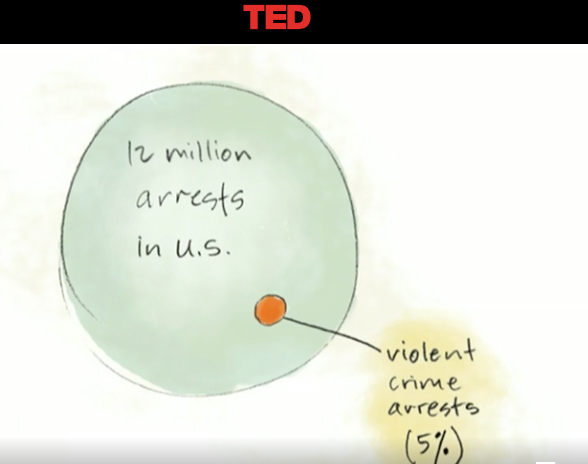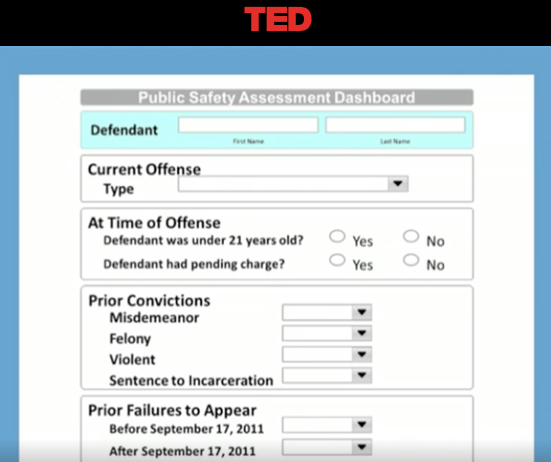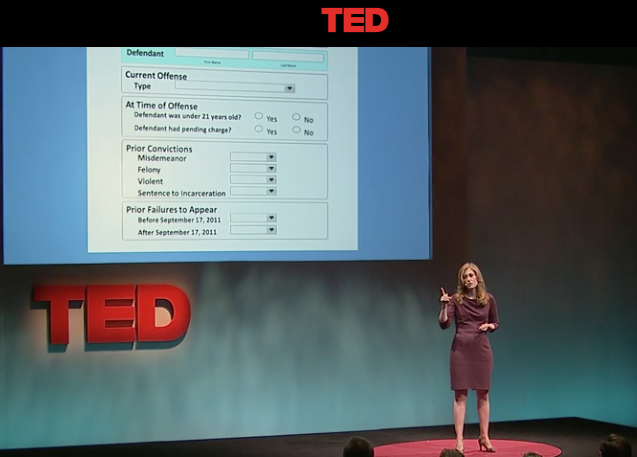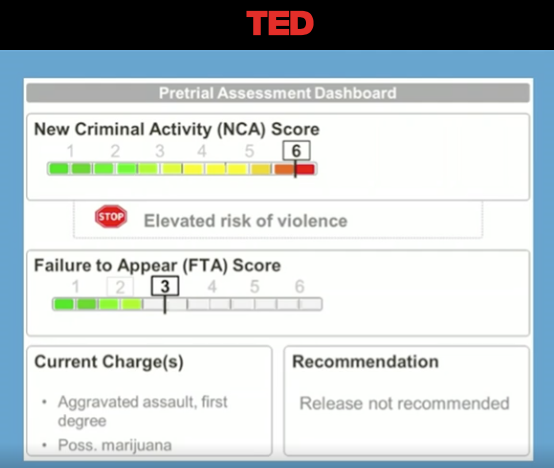As a member of the UIA, I stand in support of the statement issued urging that all children affected by President Trump’s “zero-tolerance” immigration policy be reunited with parents within 30 days, 14 days if the children are younger than 5 years. We must insist that these authorities help the parents and children establish communication with one another, and make a continued effort to reunite these families.
We must put an end to sending young children in court without legal representation and without their legal guardians. I, along with many of my fellow lawyers from the UIA, are here to assist in reuniting these children and their families, and ensuring they have an advocate for them in court, and that they understand their rights.
Almost 20 years ago, I represented a Hispanic family whose children had been taken from them by an American family while in their home country handling the legality of their formal immigration to the United States. My clients, a modest, humble, religious couple returned to their home country to visit the American Consulate and retrieve their immigration papers. The couple left their children in the temporary custody of the father's employer. After they obtained their papers and came back to the U.S. "legally" and anxiously awaited their reunion with their children, the American couple simply responded that they would be taking the children permanently and not returning them to the parents.
I petitioned the juvenile relations court at that time in a predominantly Caucasian, suburban county to retrieve the children for their parents. I incorrectly assumed that this would be a straightforward process seeing as there was no reason why the birth parents of these children were undeserving of their custody rights, and the law would be on their side. Neither father nor mother had any criminal background, no prior legal troubles, and were involved members of their Protestant church and their community. Much to my shock, when I attended the hearing before the substitute judge, the ruling stated that the children were "better off" with the Caucasian, American couple. The motivation was clear. Without reference to the integrity of the biological parents and without evidence to suggest that they were anything other than loving parents, a family was ripped apart. U.S. citizenship was equated to good character or parenting competency in this case, a superiority complex rooted in prejudice. This process was grueling for my clients both emotionally and financially. They were unable to pay me for my representation after our initial appearance in juvenile and domestic relations court. I was unwilling to leave them without representing in the pursuit of an appeal. During the appeal in the Circuit court, the judge immediately granted custody to the natural parents, my clients. I instructed the American couple to deliver the children to the parents’ house within a half an hour of leaving the courthouse.
In my case, justice was done, but it's significant to know that the same racist, intolerant attitude, and superiority expressed by the judge and the Caucasian couple remains strong in our society. These opinions are even articulated among the highest officials in the land. An intolerant justice and immigration system should not be considered a new "normal" by a nation whose foundation is built on immigrants. Crime does not have a skin color, an ethnicity, a language, or a religion. Officials, citizens, migrants alike should be held to the same standard of due process.
If you or someone you know is suffering from an injustice,
call Powell Law Group today. (804) 794.4030
















